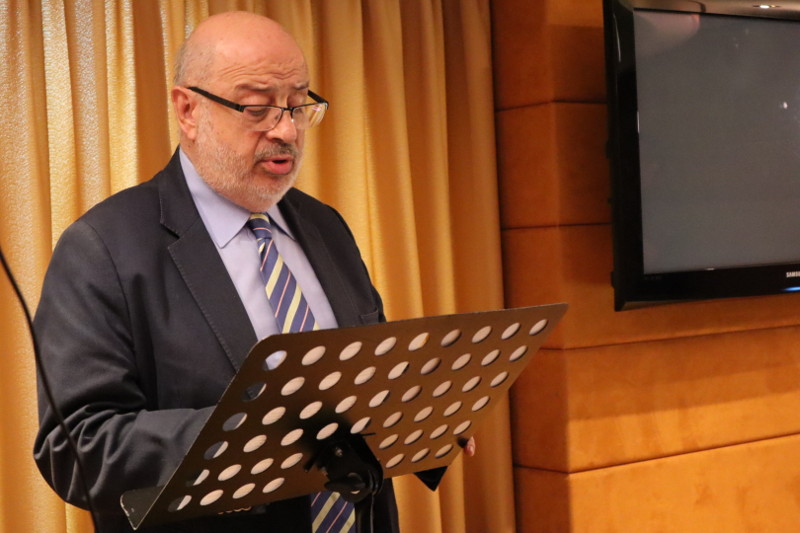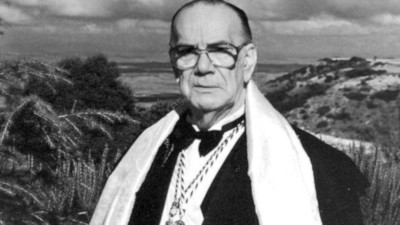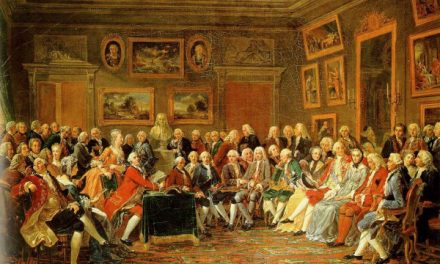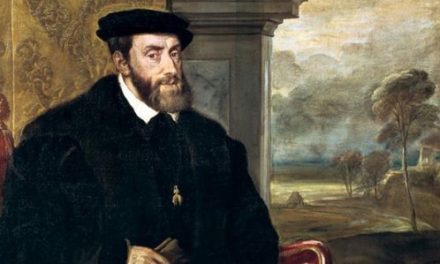Xabier Añoveros, full academician and vice-president of the Governing Board of the Royal European Academy of Doctors-Barcelona 1914 (RAED), will publish in the next monographic issue of “Tribuna Plural”, the scientific journal of the RAED, the work “Cela, un gallego peculiar” (Cela, a peculiar Galician), where he reveals some of the eccentricities of the Spanish Nobel prize in Literature in different areas: the literary, the erotic, the eschatological or the political. In addition to different anecdotes that portray him as a multifaceted and unrepeatable character.

Xabier Añoveros
“Camilo José Cela, like the other great Galician writer, Ramón María del Valle Inclán, was a character with an attitude towards dual life, even bipolar. On the one hand, in his private life he was a normal person, within the normality that can have a genius, kind, educated, affectionate and cordial, and on the contrary in his public face, he was cocky, argumentative, arrogant and even unfriendly”, Añoveros begins his article.
After reviewing his beginnings and his training as a man of letters, the academician of the RAED stops in a curious episode that took place after the reception of the Nobel prize. “When the Nobel year ended, which had been exhausting, for the number of lectures he gave, the many tributes, interviews, dinners, meals, trips, parties, celebrations… he put a sign on the door of his home that in uppercase letters read: “NO PROLOGUES. NO STATEMENTS. NO INTERVIEWS. NO SURVEYS. NO PRONOUNCES OR CONFERENCES. NO AUTOGRAPHES. NO CONGRESSES. NO SNACKS. LAUS DEO”.

Camilo José Cela
Añoveros also stops on Cela’s disjointed references on sexual or eschatological themes and on his alleged role as “enfant terrible”. “Cela invented anecdotes and experiences to scandalize people. It was a thing that really amused him. For example, he once said: ‘We were a gang of five well-traveled friends who bought us a goat. We fucked it for a month and then we sold it and we each earn seven pesetas'”.
The academician also cites the distinguished role of Nobel laureate as senator. “Of his time in the Spanish Senate is to highlight his contributions to get a correct text of the Constitution, through various amendments. Cela tried to make the magna carta as respectful as possible with the Spanish language, although unfortunately, the virtues of the consensus among the major political parties have ruined many of his good intentions. There were a total of forty-one amendments that Cela presented. One of them, when dealing with the language, proposed to modify the Castilian word for Spanish”.




